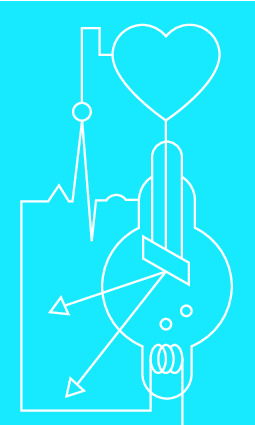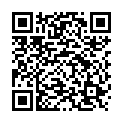|
|
|
| Module code: BMT302 |
|
|
2U (2 hours per week) |
|
2 |
| Semester: 3 |
| Mandatory course: yes |
Language of instruction:
English |
Assessment:
Written exam
[updated 18.06.2023]
|
BMT302 (P213-0020) Biomedical Engineering, Bachelor, ASPO 01.10.2011
, semester 3, mandatory course
|
30 class hours (= 22.5 clock hours) over a 15-week period.
The total student study time is 60 hours (equivalent to 2 ECTS credits).
There are therefore 37.5 hours available for class preparation and follow-up work and exam preparation.
|
Recommended prerequisites (modules):
None.
|
Recommended as prerequisite for:
BMT402 English II
BMT504 English III
[updated 07.04.2013]
|
Module coordinator:
Prof. Dr. Christine Sick |
Lecturer:
Marina Hefti, M.A.
[updated 07.04.2013]
|
Learning outcomes:
The “English I, II and III” modules are to be seen in conjunction with one another. The goal is for the students to develop their foreign language skills from entry level B1 of the European Framework of Reference to level B2 in work-related English within the course of the three modules.
After successfully completing this module, students will have become acquainted with the job-related aspects of the foreign language. To do so, they will have first recapitulated or expanded their existing knowledge.
They will have increased their general communicative competence, trained speaking skills and listening comprehension skills and have had the opportunity to practice job-specific situations such as making calls or making arrangements.
This will all have been done using subject-specific vocabulary resp. the knowledge of business English required by engineers. The module’s intercultural approach enables students to develop an understanding of the differences in the working world of both English-speaking and non-English speaking countries that use English as a bridge language.
[updated 18.06.2023]
|
Module content:
1. Communication in the foreign language: Socialising and telephoning
1.1 Greeting and introducing oneself and others
1.2 Talking about one’s personal background, curriculum vitae (training, apprenticeship, studies,
etc.).
1.3 “Small talk”
1.4 Communicating over the phone: making appointments, travel planning and information
2. Grammar and vocabulary
2.1 Repetition of relevant grammatical structures
2.2 Repetition of basic vocabulary
2.3 Situation and subject-specific vocabulary
3. Introduction of multimedia teaching and learning software
[updated 18.06.2023]
|
Recommended or required reading:
A list with the recommended basic literature for the three compulsory semesters will be handed out.
[updated 18.06.2023]
|


